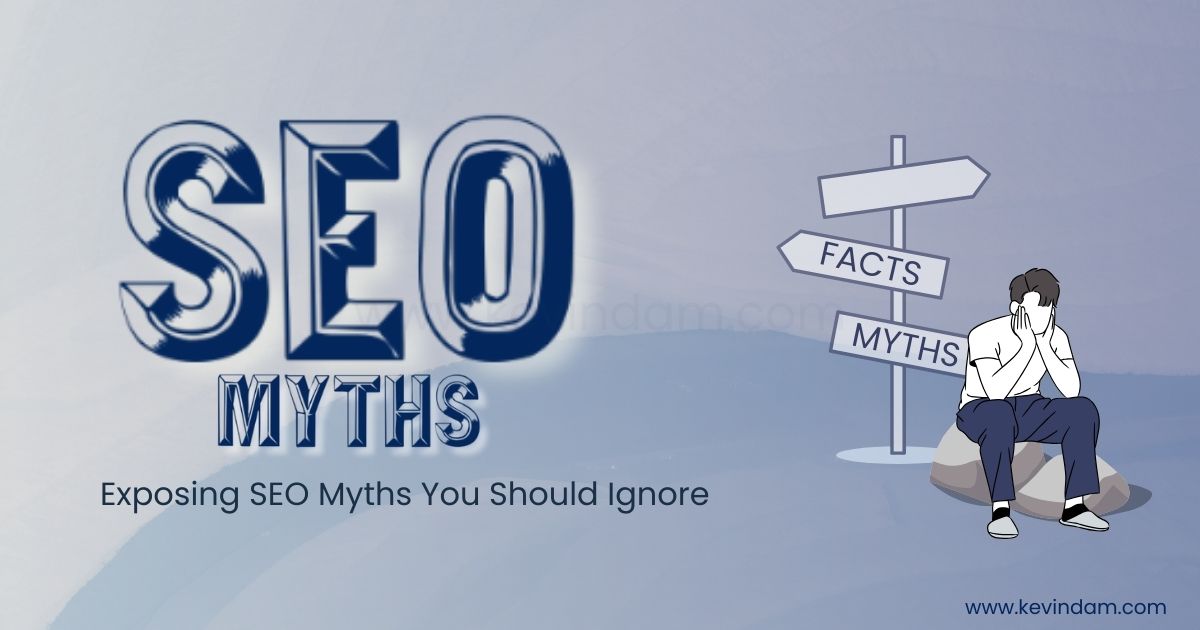
Last Updated August 14, 2024
Don’t Be Fooled: Exposing 15 SEO Myths You Should Ignore
SEO is a complex field filled with persistent misconceptions that can mislead even the savviest website owners and marketers. These SEO myths often mislead website owners and marketers, potentially harming their online presence.
This article exposes and debunks persistent SEO misconceptions to refine your SEO approach and enhance your online visibility. It covers topics such as keyword density, content freshness, backlink quality, and the importance of mobile responsiveness. The article provides practical tips and strategies to help you focus on effective SEO practices, ensuring long-term success in improving your search engine rankings and driving organic traffic.
Common Myths about SEO Practices
A recent survey reveals that approximately 70% of businesses still believe in outdated SEO practices, clinging to tactics that may harm their online presence more than help. Persisting on these misconceptions could otherwise be invested in implementing effective strategies to enhance website performance. The key to success is staying well-informed and adjusting your SEO techniques to achieve your goals.
Myth #1: Keyword density is an effective strategy.
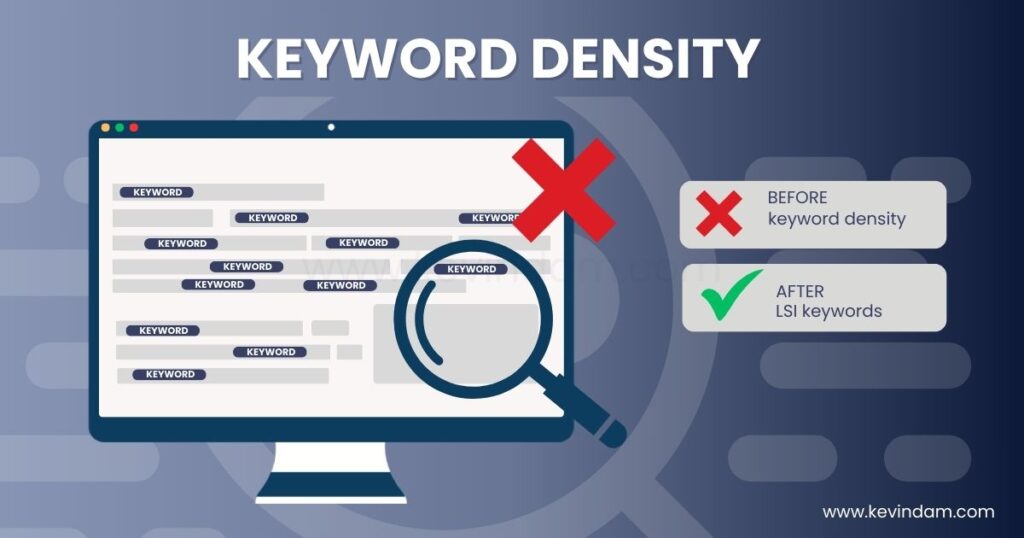
One outdated myth in SEO is the idea of achieving “perfect” keyword density. While most individuals believe that SEO solely revolves around incorporating target keywords, this can hinder a website’s potential to draw organic traffic and diminish its competitiveness in search engine rankings.
Search engines now prioritise understanding context and semantics over keyword stuffing. Rather than fixating on keyword density, SEO should revolve around Latent Semantic Indexing (LSI) keywords to enhance content relevance for search engines.
To enhance content relevance using LSI keywords, follow these steps:
- Identify the main keyword for your content.
- Use a tool like LSI Graph or a keyword research tool to generate relevant keywords.
- Incorporate these naturally throughout your content to add value and enhance its overall relevance for search engines.
Myth #2: High keyword volumes improve search traffic.
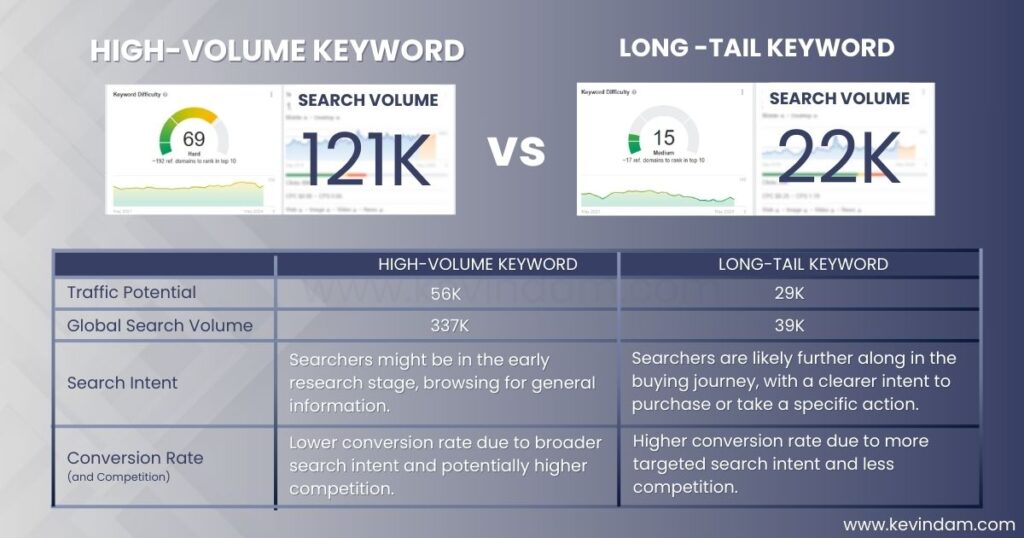
Another common mistake is the exclusive targeting of high-volume keywords. While they might seem like the golden ticket to more traffic, this approach often overlooks the importance of search intent.
Long-tail keywords and those aligned with user needs can lead to higher conversion rates and should be an integral part of any keyword strategy.
Effective keyword research and strategy include:
- Focusing on relevance and search intent
- Incorporating a mix of head terms and long-tail keywords
- Utilising tools to gauge keyword difficulty and searcher behaviour
- Analysing competitors’ keyword strategies to identify gaps and opportunities
Myth #3: Fresh content means better rankings.
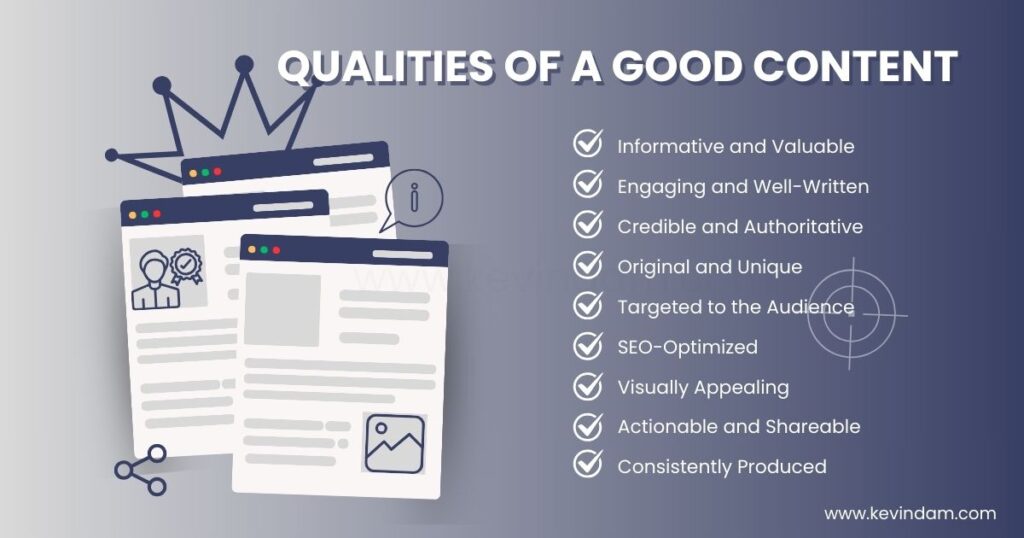
Content is king, but more content is not always better. In 2011, Google stated that fresh content will now influence rankings as information always evolves. However, even if regular publication signals vitality to search engines, it’s the content quality that truly matters for user interaction.
Focus on creating informative, high-quality content that meets user intent and provides value to keep visitors staying on your site longer, reducing bounce rates and potentially enhancing organic traffic.
Another thing to consider is the debate between snackable versus long-form content. The effectiveness of content length varies depending on the topic and target audience. A piece of content should be used as long as it needs to convey its message effectively and satisfy user queries.
The analysis of the content creation strategy should include:
- Regular audits for existing content quality and relevance
- Social media marketing to expand the reach
- Strategic use of internal linking to guide search engine bots and users
- Promotion through relevant channels for maximum visibility
Myth #4: Title tags and Meta descriptions don’t matter.
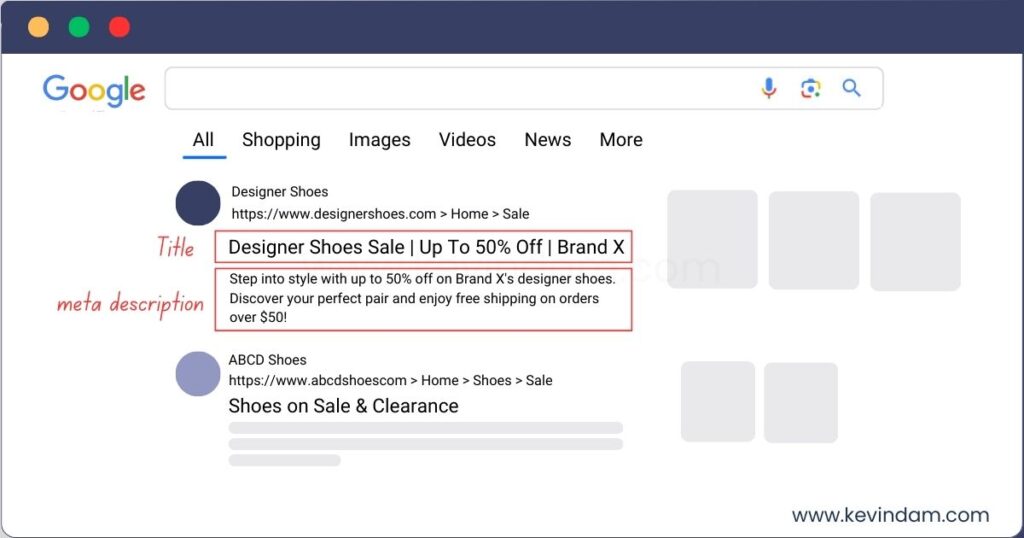
Think of a title tag as the headline of a newspaper article – it’s the first thing readers (and search engines) see when they come across your content. This concise snippet summarises the essence of your page and directly influences rankings for targeted queries. Crafting compelling title tags involves selecting relevant keywords that capture the essence of your content while appealing to searchers’ intent. A well-optimised title tag not only helps search engines understand what your page is about but also entices users to click through to your website from search results.
On the other hand, meta descriptions, though not directly a ranking signal, are essential for conveying the essence of a webpage to potential visitors. A well-crafted meta description can improve the click-through rate from the search results to your website, which may indirectly impact your ranking algorithms due to improved user signals and overall visibility in search engine results pages.
Myth #5: Backlinks are all the same.
The idea that all backlinks hold equal value is a common SEO myth that needs debunking. High-quality backlinks from reputable, relevant websites carry more weight than many low-quality or spammy links. In fact, links from questionable sources can harm your rankings. A comprehensive backlink profile should emphasise value over volume.
Not all backlinks will improve rankings. In the table below, see examples of good versus bad backlinks:
| Good Backlinks | Bad Backlinks |
| Links from industry-relevant, authoritative sites | Links from unrelated, spammy websites |
| Backlinks from content that is relevant to your niche | Low-quality directory or bookmark sites |
| Editorial links are given naturally due to high-quality content | Purchased backlinks or link farm participation |
Earning backlinks should come from creating compelling content that others want to share and through authentic industry relations and outreach. This organic approach to building backlinks is sustainable and in line with search engine guidelines.
Myth #6: Social Media signals are not important.

Search engines use data from social sites to determine how useful your site is and where to rank it. The effect of social signals on rankings may not be noticeable because social signals don’t pass direct link juice to a particular page.
Although social media does not directly affect SEO rankings, social media engagement and brand awareness can lead to more queries and an increase in search traffic for your site.
Utilising social media to enhance your content and brand visibility may involve:
- Updating social profiles
- Sharing high-quality content regularly to engage users
- Include interactive content in your postings
- Encouraging discussions and interactions to build a community
- Collaborating with influencers and industry leaders to increase credibility and reach
- Utilising social media advertising to target specific audiences
Myth #7: Sitemaps improve SEO rankings.
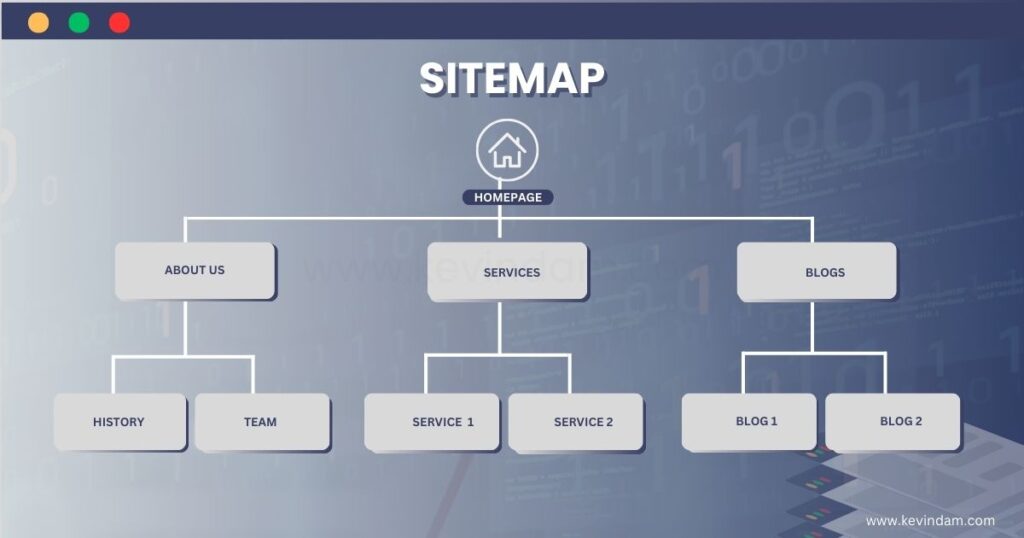
Sitemaps are widely misunderstood in the SEO community. While they are crucial tools for search engine bots to crawl and index a website’s entire content repository efficiently, they are not direct ranking factors.
Think of sitemaps like a directory, guiding search engines through your site’s pages but not influencing the position of those pages in search results. If you have a sitemap and submit it to Google Search Console, fresh contents are indexed faster, and updates take effect sooner.
Myth #8: Mobile responsiveness is optional.

The most significant technical misconception is considering mobile responsiveness as an optional luxury. Having a website that operates seamlessly on smartphones and tablets is imperative. Google’s search engine algorithms prioritise mobile-friendly sites in their rankings, acknowledging the trend towards mobile browsing.
Myth #9: SEO agency guarantee #1 on SERPs.
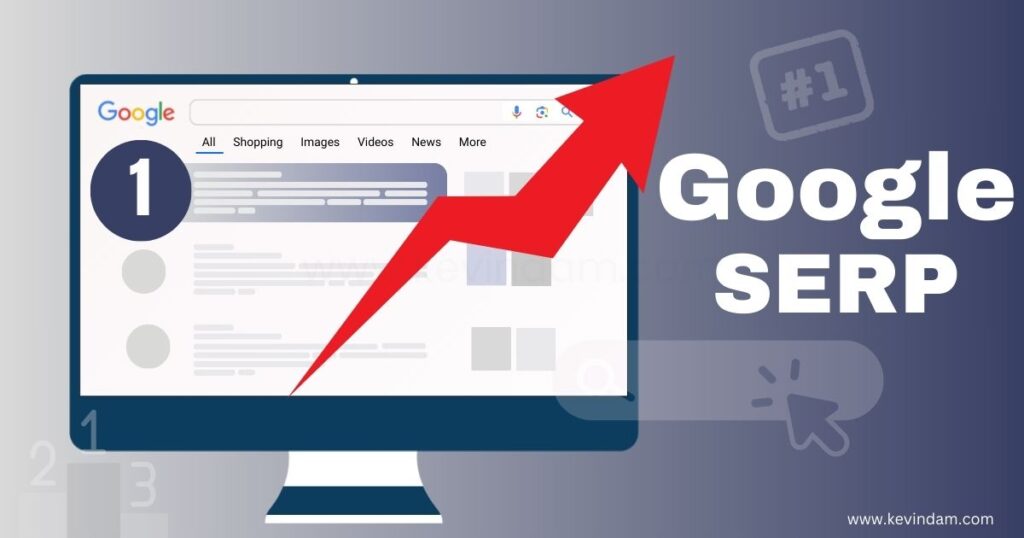
Partnering with an experienced SEO agency can provide valuable expertise and resources, but it’s not a magic solution for instant top rankings. No ethical agency can guarantee a #1 ranking on any search engine. The effectiveness of an SEO agency lies in its ability to implement best practices and deliver consistent improvements over time.
The myth of guaranteed top rankings for any search term is another false expectation. SEO success should be measured by a holistic set of metrics, which include overall website traffic, user engagement, and conversion rates—not just rankings.
Working with an SEO agency like Aemorph requires setting realistic expectations and committing to ongoing collaboration. Top SEO results are achieved through strategic effort and patience. It is vital to understand that SEO is a long-term game, not a quick fix.
When delivering SEO support, we ensure the following:
- Transparent communication and a track record of success
- Ensure our strategies align with search engine guidelines to avoid penalties
- We focus on customised strategies rather than one-size-fits-all solutions
- Understand that the role of an SEO service is to facilitate growth, not to serve as a substitute for a solid business model and valuable offerings
Myth #10: SEO is a One-time Effort
A common myth in the field of SEO is that it requires just a one-time setup or effort. This belief is far from reality, as SEO is an ongoing process. Search engines continuously refine their algorithms, often multiple times a year, to improve user experience and return the most relevant search results. In fact, a report shows that Google updates its algorithm somewhere between 500-600 times per year.
Website optimisation and content revisions are non-negotiable to keep pace with these updates and evolving user behaviours. Regularly reviewing and updating on-page elements, metadata, internal links, and high-quality content is critical to maintaining and enhancing SEO performance. In addition, tracking the website’s health and adapting to new ranking factors or industry trends remain essential for long-term success.
| Ongoing SEO Efforts | Reasons for Continuity |
| Algorithm Changes | Search engines regularly update their algorithms |
| User Behavior | User trends and interests evolve |
| Competitor Actions | Other websites may overtake by improving SEO |
| New Content | Frequent creation of fresh, relevant content |
Myth #11: SEO generates instant results.
There is a common belief that SEO generates instant results, which sets up unrealistic expectations. However, SEO should be viewed as a long-term investment. Unlike paid advertising, SEO strategies gradually build upon each other to improve a website’s authority and credibility with search engines over time.
The table below depicts the typical growth trajectory of SEO results, which could illustrate how consistent effort and time contribute to a gradual yet substantial improvement in visibility and conversions.
| SEO Timeline | Description |
| 0-3 Months | Initial optimisations and slow traffic growth |
| 3-6 Months | Increased visibility, some ranking improvements |
| 6-12 Months | More pronounced traffic growth, better rankings |
| 1 Year and Beyond | Consistent, sustainable traffic and conversions |
Myth #12: Google is the only search engine that matters.
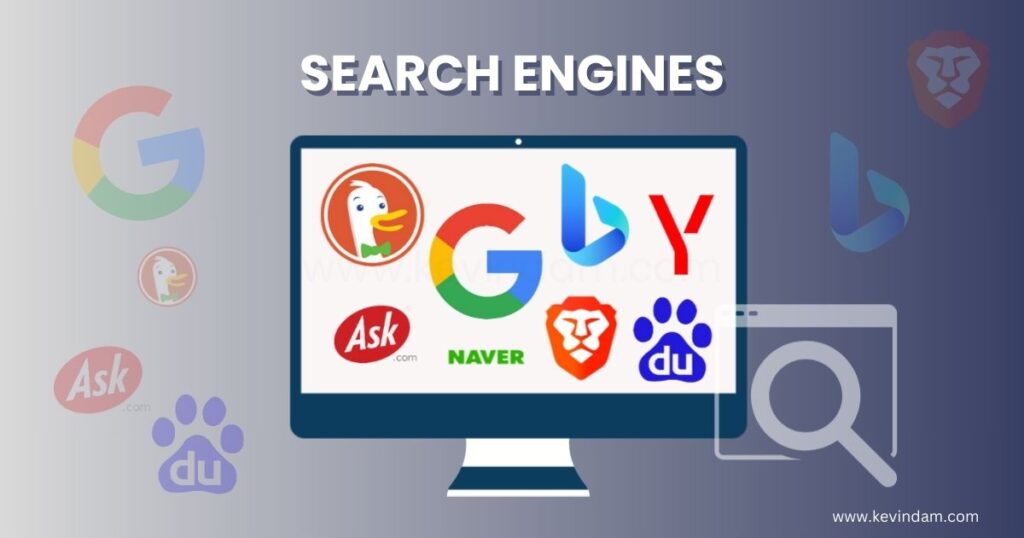
Another common misconception is that Google is the only search engine that matters. It’s true that Google maintains a dominant market share, but other platforms such as Bing, Yahoo, and privacy-focused DuckDuckGo are growing in popularity.
Optimising for these alternative search engines can tap into a different demographic of users and provide a competitive edge. Each platform has its own set of algorithms and ranking signals, and recognising this diversity can ensure a more robust, inclusive approach to SEO. Here’s a quick checklist:
- Optimise for Bing: Prioritise backlink quality and use Bing Webmaster Tools.
- Focus on Yahoo: Leverage its integration with Bing and focus on local SEO.
- DuckDuckGo Approach: Maintain clean, privacy-focused practices and emphasise user experience.
Myth #13: Local SEO isn’t important.
Local SEO can be an easy and affordable way to rank in search results if your business has physical locations or serves a specific geographic area. It allows you to appear in local searches, resulting in more foot traffic and conversions.
However, don’t overlook the importance of traditional SEO tactics as well. According to a study, 97% of people learn more about a local company online than anywhere else. This is why having an effective small business website and a strong local SEO strategy is so important.
Optimising your website’s content with relevant keywords, creating high-quality backlinks, and regularly updating your site are all still crucial for overall search engine rankings.
Tips to Overcome SEO Myths
SEO myths can affect rankings and waste resources. To reach SEO goals, it’s vital to distinguish truth from fiction. Here are tips to tackle common SEO misconceptions:
- Stay Informed: Subscribe to renowned industry blogs, attend SEO conferences, follow industry experts, and use reputable SEO tools. They offer insights into evolving search engine algorithms and dispel myths with up-to-date research.
- Emphasise quality over quantity. Google’s algorithms prioritise high-quality content that provides value to users. So, rather than focusing on churning out a high volume of mediocre content, concentrate on creating well-researched, informative, and engaging content that resonates with your target audience.
- Optimise for user experience. User experience is a crucial factor in SEO success. Google considers metrics such as page load speed, mobile-friendliness, and ease of navigation when determining how to rank your website. Ensure your website is easy to navigate, visually appealing, and accessible across different devices.
- Test and Analyse: Implement A/B testing and analyse your data to see what SEO tactics truly benefit your site. This empirical approach will confirm if strategies like optimising for long-tail keywords or increasing internal links correlate with better search rankings and organic traffic.
- Avoid Outdated Practices: Black-hat techniques such as keyword stuffing and obsessing over metrics like Domain Authority without considering the quality of backlinks can harm your search visibility.
- Learn from Experts: Follow industry experts like Brian Dean, Neil Patel, and John Muller of Google, who share invaluable information about SEO, ranking factors, and search engine optimisation techniques.
Remember, high-quality content tailored to search intent is always a priority for a successful SEO strategy, and adapting to the latest search engine guidelines is more beneficial than following unverified SEO myths.
Stay wise to SEO myths to ensure your digital marketing efforts drive genuine business growth.
Conclusion
Navigating the world of SEO requires discernment to separate myths from effective strategies. Debunking common misconceptions, such as the overemphasis on keyword density and the false promise of instant results, and focus on what truly matters, such as high-quality content, strategic keyword use, and a positive user experience. Remember that SEO is an ongoing process, demanding continuous adaptation to search engine algorithm updates and user behaviour changes. Prioritising well-informed, sustainable SEO practices will ensure your digital marketing efforts drive genuine business growth and long-term online success.
